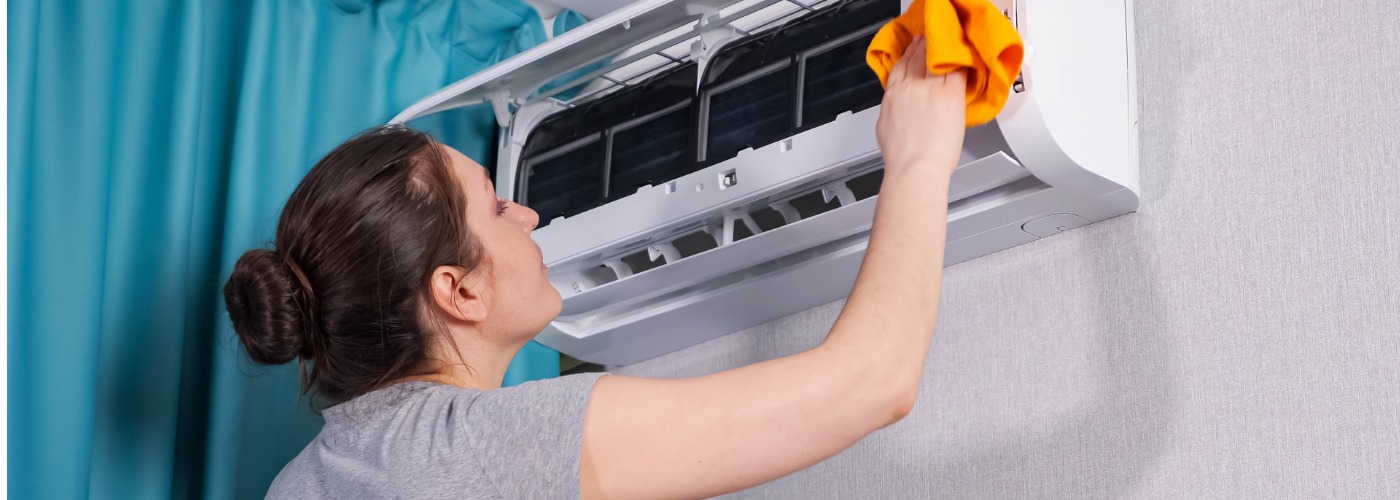Air conditioning helps to maintain a comfortable and healthy indoor environment in our homes and offices, especially during hot and humid seasons. Many people assume that commercial and residential air conditioning are the same, but that’s not true. They significantly differ in many aspects like size, complexity, functionality, and design. In this blog post, we’ll explain ten ways in which commercial and residential air conditioning differ, helping you better understand which one might be suitable for you.
Size and Capacity: Commercial air conditioning systems are usually larger than residential systems because they have to cool or heat a more extensive area, and this requires the system to pump more air. Conversely, residential units are smaller and are designed to only cool or heat specific rooms in a house.
Design: The design of residential and commercial air conditioning is also different. For instance, commercial air conditioning units are designed to be stored on a rooftop, as they are too large and loud for a typical residential unit. Residential units are also designed to blend in a home’s architecture and aesthetics.
Complexity: Commercial air conditioning systems tend to be more complex than residential systems because they often require additional components, such as air-handling units, ducting, and zoning, to provide the desired air quality and temperature levels in a large commercial space.
Energy Efficiency: Commercial air conditioning systems typically have to work harder than residential units, and, as a result, they use more energy. However, commercial systems are designed to be more efficient than their residential counterparts because they have to meet strict Energy Star regulations and standards.
Maintenance: Commercial air conditioning systems require regular maintenance to keep them running smoothly because they are typically in use 24/7, whereas residential systems only run for shorter periods like during the day. There are also more comprehensive maintenance checks required for commercial systems.

Cost: Commercial air conditioning systems are more expensive to install and maintain than residential systems, primarily because of their size and complexity. Businesses pay more because they need a more effective, longer-lasting system and more equipment to be installed.
Noise: Commercial units tend to be noisier than residential units because they are often located on rooftops. They also have to be larger and more powerful, which results in louder fans and compressors.
Customization: A commercial air conditioning system can be tailored to fit a business’s specific needs, such as office space and equipment, which require more specialized customization. In contrast, residential systems tend to be more standardized.
Design life: Commercial units can last longer than residential systems because they are often more durable and built to withstand long periods of use, primarily if they are adequately maintained.
Installation: Typically, commercial air conditioning systems require more labour and time to install than residential systems, as they have to accommodate more extensive ductwork and run more extensive cable systems.
In summary, commercial and residential air conditioning systems are very different in many aspects. From their design to their size and complexity, they function to meet different needs effectively.
Knowing these differences can help you make the right choice for your home or business. In conclusion, before you choose an air conditioning system, it’s essential to consult an HVAC contractor to ensure that you install the right system that fits your needs.
![]()
20 Years
Experience
![]()
Professional
and Licensed
![]()
24 Hour
response time
![]()
Parts and labour
Guaranteed
![]()
Residential
& Commercial
![]()
Service
Melbourne Wide
![]()
No hidden
Cost
![]()
Clean Installation
Service

![]()

![]()

Client Reviews
![]()
Christine & Adam
Very friendly staff, have recommended to our friends.
![]()
Vik
Many thanks for the service, advise Extrordinair that I shall look for more jobs with relatives and friends for them, this was my own personal one.
![]()
Dorothy
The split kept us cool and comfortable in summer, a difficult job carried out with great professionalism.
![]()
Prof. Graham
Thank you for accommodating our particular requirements/requests and for being interested in our level of satisfaction.











